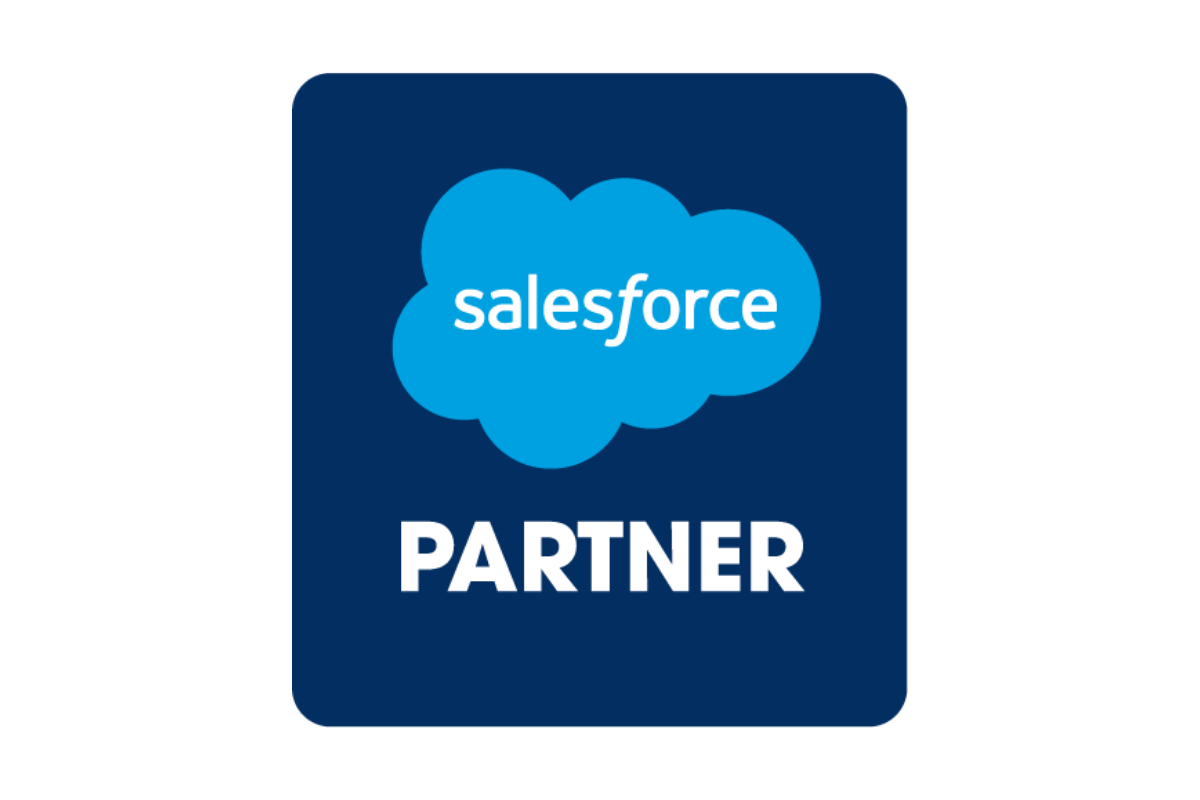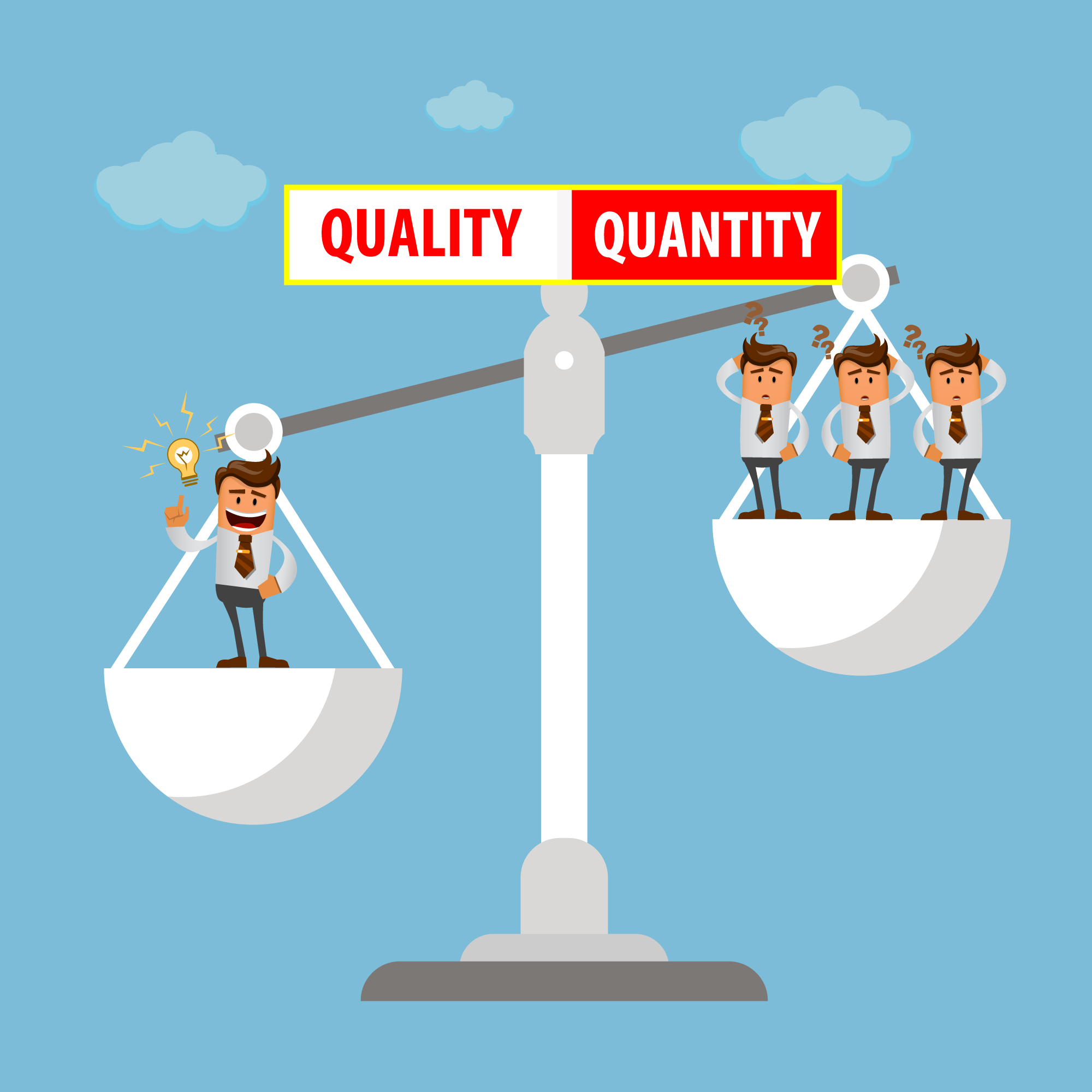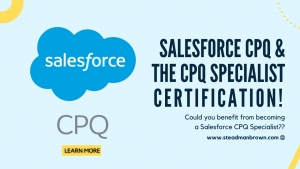Displaying items by tag: partner
SalesforceCPQ is the solution.
Here we share our knowledge and interpretation of everything Salesforce CPQ and how you might benefit from becoming a CPQ Specialist.
Before we start... What is Salesforce CPQ?
Salesforce CPQ software has been around for decades, but innovation in SF CPQ software is seen as the next big thing in sales optimization. Companies can use Salesforce's Configure, Price, Quote (CPQ) tool to provide accurate pricing for various scenarios. By covering the end-to-end functions of an organization's sales activity, this unified quote-to-cash process enables reps to quote efficiently and accurately.
Salesforce CPQ creates a seamless experience for both sales representatives and customers, Salesforce. RevenueCloud and CPQ combine product/service configuration, pricing, quote creation, billing and ordering processes.

Facts
Salesforce #CPQapplications often integrate with #CRM platforms & #ERP programs.
In Salesforce CPQ software, quotes are automatically generated based on a pre-programmed set of rules, considering quantities, discounts, customizations, optional features, multiple revenue types, and incompatibilities.
Most companies that don’t use Salesforce CPQ software have a sales process that’s slowed by the time it takes sales to deliver accurate quotes.
Many companies are considering Salesforce CPQ Software because of its functionality and potential return on investment (ROI).
In conjunction with CRMs and ERPs, CPQ adoption will grow as companies see the benefits.
What is CPQ’s main advantage?
To deliver timely quotes, #salesreps need to find the right pricing rules in spreadsheets when offering options, configurations, or prices to customers. By clearly defining pre-programmed rules, Salesforce CPQ avoids this conflict - with the customer and within the company. You can specify every possible configuration, price, discount, and scenario in a CPQ application, making customizing products easy.

- Increases Sales with Quote Accuracy
- Identifies specialisations, add-ons, and upsells.
- Saves time and speeds up processes.
Within an organization, different departments have different processes, such as manufacturing, legal, sales, and finance. Through CPQ, these departments can communicate seamlessly.
- Enterprise Resource Planning (ERP) CPQ can be integrated with enterprise resource planning (ERP)systems, for example. Sales can check out delivery statuses, executives can look at sales processes, and operations can look at trends.
- CustomerRelationshipManagement (CRM) CPQ combined with your CRM system increases revenue and efficiency.
Want to get Salesforce CPQ specialist Certified?!
Someone with hands-on experience with the CPQ package is the ideal candidate for taking the CPQ Specialist exam. By taking this Salesforce Certification, you will demonstrate to others that you have the knowledge and skills needed to implement and roll out the CPQ package effectively. To pursue additional
Salesforce CPQ projects, this certification is essential for customers and partners who want or have already implemented CPQ.
The SalesforceAdministrator Certification or equivalent experience is recommended, even though the CertifiedCPQ Specialist Certification has no prerequisites at this time.
Back to work on everyone’s favourite day of the week! With Monday’s often being the most pivotal day of the week, let’s have a look at how most of my Monday’s look as a Steadman Brown recruiter within the Salesforce Career sector!
First thing on a Monday is always to check my emails and InMail to catch up on anything that took place over the weekend. That could be a client sending their feedback over on Salesforce candidates, a new candidate sending me their CV for a upcoming Salesforce Job opening, or even a brand-new role from one of our Salesforce clients! Once I’ve settled the score from the weekend, it’s time to have a look at the week ahead. This is normally where my team will take a look at the roles we have at the time. We will determine how we are intending to approach each, ensuring we understand the requirements for each role. This will enable us to quickly identify the right Salesforce talent for each role.
Once we’ve set the roadmap for the week ahead, it’s time to get to work! I’ll spend the bulk of my week sourcing new candidates. I'll ensure that I fully understand what it is they’re looking for in that next role. I'll also make sure that this aligns with the Salesforce opportunities I have in mind for them. This early part of the process is often one of the most critical parts of the process. This is because this is where I fully understand what it is the candidate is looking for. I use this information to find them the Perfect Salesforce Position, not just their next role.

Recent times, one of my greatest strengths has definitely been my ability to understand client and candidate requirements. Using this skill allows me to make sure that every candidate I put forward for a role is speaking to a company that will really value their skillset and give them the opportunity to grow and develop within a SF Career, rather than firing their CV out left, right and centre, which is often an issue many candidates face in the Salesforce ecosystem. I like to think we stand out from the crowd in this regard.
With that being said, taking that time to really understand both the client and candidate led to a new placement this week. The candidate was looking to find a role that would offer them the opportunity to build upon the foundations they had built in their previous roles. In addition, they wanted a real roadmap for progression and development, which they felt was missing in their previous role. We found exactly that in one of our opportunities. Therefore, we have allowed them to move into a very exciting position that will give them a platform to really drive their Salesforce career forward!
However, like my colleague Josh, I've noticed seasonal trends in recruitment, with many candidates and clients on annual leave, often abroad, taking a well-deserved break. In the summer, when many people are looking for vacations, many aren't actively seeking new jobs. However, as you can imagine, with the ever-growing size of the Salesforce ecosystem, new relationships can be built every single day, putting candidates one step closer to finding the right role, and means clients are able to secure the best talent on the market when hiring Salesforce candidates.

Over the weekend, I didn't do too much! (Boring I know!). I fly to Ibiza in a couple weeks’ time, so I’m trying to be sensible in the build-up and saving myself for that!
This week – the goal is very much the same: find the best talent possible! With an abundance of Salesforce consultant and Salesforce project manager roles in my team at the moment, there’s plenty of exciting opportunities for any curious or active Salesforce jobseekers. Please don't hesitate to contact us if that's you!
Remeber our poll last week... We conducted a poll to find out whether our connections preferred WFH or in-office working - the results are HERE! It turns out that 87% of our LinkedIn connections prefer WFH/remote working over 13% of people who prefer being in the office.
As a result of the COVID-19 pandemic, billions of people around the world were forced to work from home. In comparison to socially-distant work environments, remote working was seen as a safer alternative.
The advent of new technology and a global pandemic have made working from home more appealing than ever. Several Salesforce companies offered their workers options of working from home, returning to the office, or combining both (Hybrid). Based on data, the hybrid option, which combines remote work and in-office work, has the most popularity among employees. There is no doubt that working from home is a favorite among Salesforce professionals.
It's important to consider what's most important to you as a worker when deciding whether to work from home or in an office. Your productivity or quality of life may be clearly impacted in one way or another.
Ask you self these questions..
- How happy are you either at home or at work?
- How much does a commute take out of you each day?
- Do you miss the networking opportunities you had in the office?
Compared to working in an office, what are the PRO's of working from home?
- Commuting. Commuting to work is not only time-consuming, but also costly. Working from home eliminates the need to travel, saving money, time and effort in preparing for your work day.
- Save on Time. Losing the commute has literally restored 2-3 hours to some people's day, which they can use however they wish. It is possible to prioritise spending more time with family or taking part in activities that support your mental health and wellbeing.
- Independence. In this way, you can regain some control over your day, enabling you to organize it more independently.
- ·Flexibility. When working from an office, it’s likely you have a set schedule. Home-based work is a touch different. As a result, you can get up whenever is convenient for you and customize your day, tasks, priorities as you see fit.
- ·Financial Costs.In terms of finances, working from home differs from being in an office - and we're not talking about your pay check. Commuting costs, such as public transit, gas, or maintenance expenses, are incurred when you work at an office. Don't forget paying for parking and what about those lunchtime snacks and coffee breaks... it all adds up! This is when you see the perks of working from home. There will be no traffic, no commuting expenses, and no temptation to go out after work for happy hours and dinner.
Con’s for working at home
- No Structure. Routines are utterly absent in work from home environments, which can cause a little chaos. Virtual work lacks the structure provided by an office. For example, get up at 06:00, leave the house at 07:30, grab a cup of coffee at 07:45, commute for 1hour15 minutes, get to work at 09:00, lunch break, etc.
- Feeling Disconnected. Felling disconnected when working from home isn’t farfetched. Minimized networking between colleagues and clients, poor communication and loneliness contribute to this.
- Overworking. Having trouble ‘logging off’ is common when working from home, with employees feeling there workday doesn’t just finish when they turn of their laptop. Without enforced office hours, the line between work and home can be difficult to establish.
- Mental Health. Work from home arrangements are not also best for employee mental health. Employers should consider employee mental health and implement practises to support this when offering Long-term work from Home.
At the end of the day, it comes down to YOU! What do you prioritise and how do you work best? At Steadman Brown we recommend Salesforce Professionals investing some time researching WFH in the sector you work in, speak to other employees and see how they manage their working day. Assess whether you would prefer to be in office or if at home is perfect for you!
We are regularly looking for candidates to fill WFH/In positions.
Get in touch today!
Does Size Matter?
A question that everyone has either thought of and maybe even been asked before. Does size really matter?
Get your mind out of the gutter, I am talking about Salesforce!
A lot of conversations I have throughout the week, somehow come back to the topic of size. How big is the Salesforce org you work on? how big is the Salesforce implementation partner? or even how big is your candidate database? a question that some potential clients even us.
But do any of these questions, even matter?
My resounding answer to all the above, NO!
Size of company + users = Org complexity?
Since when has the size of an org determined its complexity, it has not and does not.
I have spoken to a ton of Salesforce Administrators who are working on global or multi-continent SF orgs with hundreds, if not thousands of users. Yet, whilst that sounds complex, the SF environment they are working in is very vanilla, and they are only using standard Salesforce functionalities such as Accounts, Contacts, Leads and Opportunities.
On the contrary, there are other companies that have Salesforce orgs of 70 users for example, utilising multiple Salesforce products, large amounts of profiles, custom objects, flows and apex throughout the org, and is quite clearly a very complex Salesforce org.

The verdict is clear, the size of the org, examples nothing when it comes to understanding someone's quality of Salesforce skills, knowledge and experince.
Number of Salesforce professionals + Salesforce partner ranking = Quality of partner?
I see lots of adverts from my peers, and maybe I am even guilty of this too, but using the number of employees as a yardstick to measure the success and quality of a Salesforce implementation partner, is a false economy.
There are multiple GSI's and Platinum Salesforce partners in the UK alone, yet there are a multiple Salesforce partners of 5-15 people who are challenging and beating these larger partners to Salesforce projects. They do this by creating a niche, whether that be an industry focus, a Salesforce product expertise, or a solid background in a particular geography. The reason is varying but the outcome is consistent, the size of the partner is not the measure of its success.
When judging a suitability of a Salesforce implementation partner, whether that be to work with, or to work for, make sure your questioning goes beyond its size. Size does not determine anything tangible for you to make an informed decision.

Size of Salesforce candidate database = Quality of Salesforce recruitment agency?
Finally, a potential client asked me this week, what is the size of your salesforce candidate database. I was baffled. How could a number (regardless of the size of that number) determine whether I was able to help them in their search for a Salesforce Consultant. It does not.
At Steadman Brown, we are fully aware that there is a group of companies that recruit Salesforce professionals, that are way bigger than us, so naturally should have a bigger database of candidates at their disposal. So, by that logic, how do we compete?
That is simple, just like the logic applied the quality of a Salesforce partner mentioned above, we chose to apply USP's and Niches to the way we work. We do not claim or want to be the biggest Salesforce recruitment company, we just want to be the one that is known for being different to the others.
Our niche is knowing our clients and candidates intrinsically and being customer service driven. This is supported by the fact that over 75% of clients, work exclusively with Steadman Brown, despite our 'size'.

Moral of the story; do not be shallow and judge by size, understand the use case and purpose before assuming the quality based on size.
Lewis Steadman, Director - Steadman Brown
CATEGORIES
- Salesforce Products - What's New
- Ready to Hire a Salesforce Professional - Series
- More On Steadman Brown
- A Week In The Life Of An SB Recruiter
- Salesforce News - Stay In The Loop
- Salesforce Career Advice
- On Today's Date - What's Happening?
- Howe-To-Guide: A series by Connor Howe
- Salesforce In Action
- Salesforce Certifications! Get The Tea..




